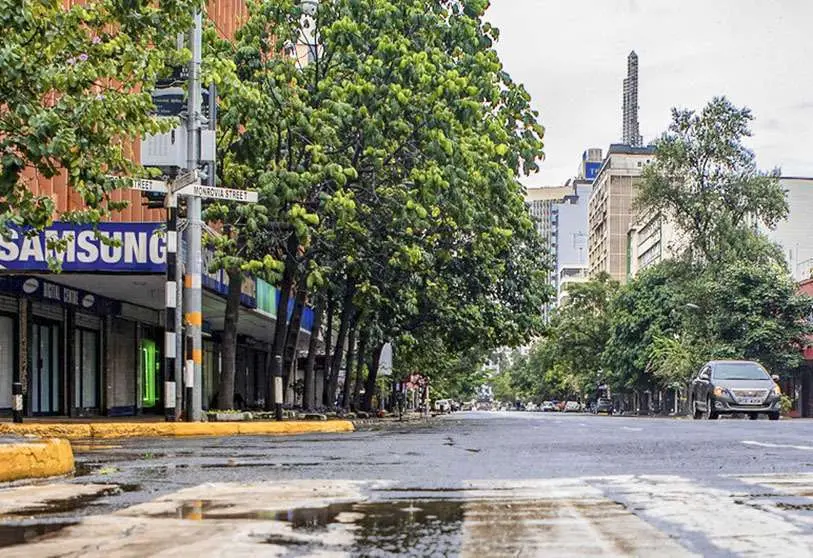Multilateralism will be key to overcome the economic crisis caused by the COVID-19

The coronavirus pandemic has created an unprecedented situation that has paralysed countries and disproportionately affected the poorest and most vulnerable. Coming out of this crisis and building a better world for all requires leadership, vision and collaboration among all governments, said experts on a high-level advisory board.
"Overcoming the crisis and getting back on track to achieve the Sustainable Development Goals will require strengthening multilateralism. The COVID-19 pandemic has highlighted how much leadership, long-term vision and collaboration among all governments and other actors are needed," the UN Under-Secretary-General, head of the Department of Economic and Social Affairs, said Wednesday.
Liu Zhenmin opened the event launching the reflections of the High-Level Advisory Board on Economic and Social Affairs, which for the past two years has had the task of studying how to advance the implementation of Agenda 2030 for sustainable development taking into account the needs of member states.
In presenting the document, Liu stressed the importance of strengthening the link between the UN system specialized in development issues and the governments of the States that make up the Organization. The 16 members of the Board analysed the challenges facing the global economy from a historical perspective in order to understand current trends and to develop recommendations for returning to a path of economic and social development while protecting the environment.
Its conclusions call for a structural transformation that will enable sustained growth and the creation of decent work, especially in the light of the pandemic, which poses an increasingly digitalised future. For Africa and Latin America, it calls for continued funding and specific measures to reduce the acute inequalities that prevail in their countries.The Advisory Board's recommendations include:
- Research and development
- Investment in infrastructure and education
- Establishing regulatory practices to ensure that technology initiatives generate decent employment and better wages, particularly for lower-income workers
- More economic equality
Liu Zhenmin spoke of the unparalleled situation the world is in because of the COVID-19 pandemic, which has paralyzed countries and generated health, economic and social crises.
These crises "disproportionately affect the poorest and most vulnerable, with women and children bearing the brunt," Liu added, stressing that like a vaccine, innovative economic solutions are urgently needed.
UN Under-Secretary-General Amina Mohammed participated in the event with a video message highlighting the need for better international tax cooperation and more equitable access to the digital technologies mentioned in the Advisory Board study. Mohammed stated that the conclusions of the Board's experts point the way out of the crisis and towards rebuilding a better world. She cited the experts' call for sustainable management of natural resources and for a value-added approach to trade in raw materials.
"This vision echoes the Secretary-General's call for shared responsibility and global solidarity in responding to the social and economic impact of COVID-19". Agenda 2030 continues to be our framework for recovery in a way that accelerates progress on climate change, poverty, and gender inequality, while also addressing the inequality and poverty that have been exposed or exacerbated by the pandemic," she said.
In conclusion, she recalled that no one will be safe until everyone is safe. "No country will truly move forward if we leave people behind. To recover better, we must all try harder," she said.








